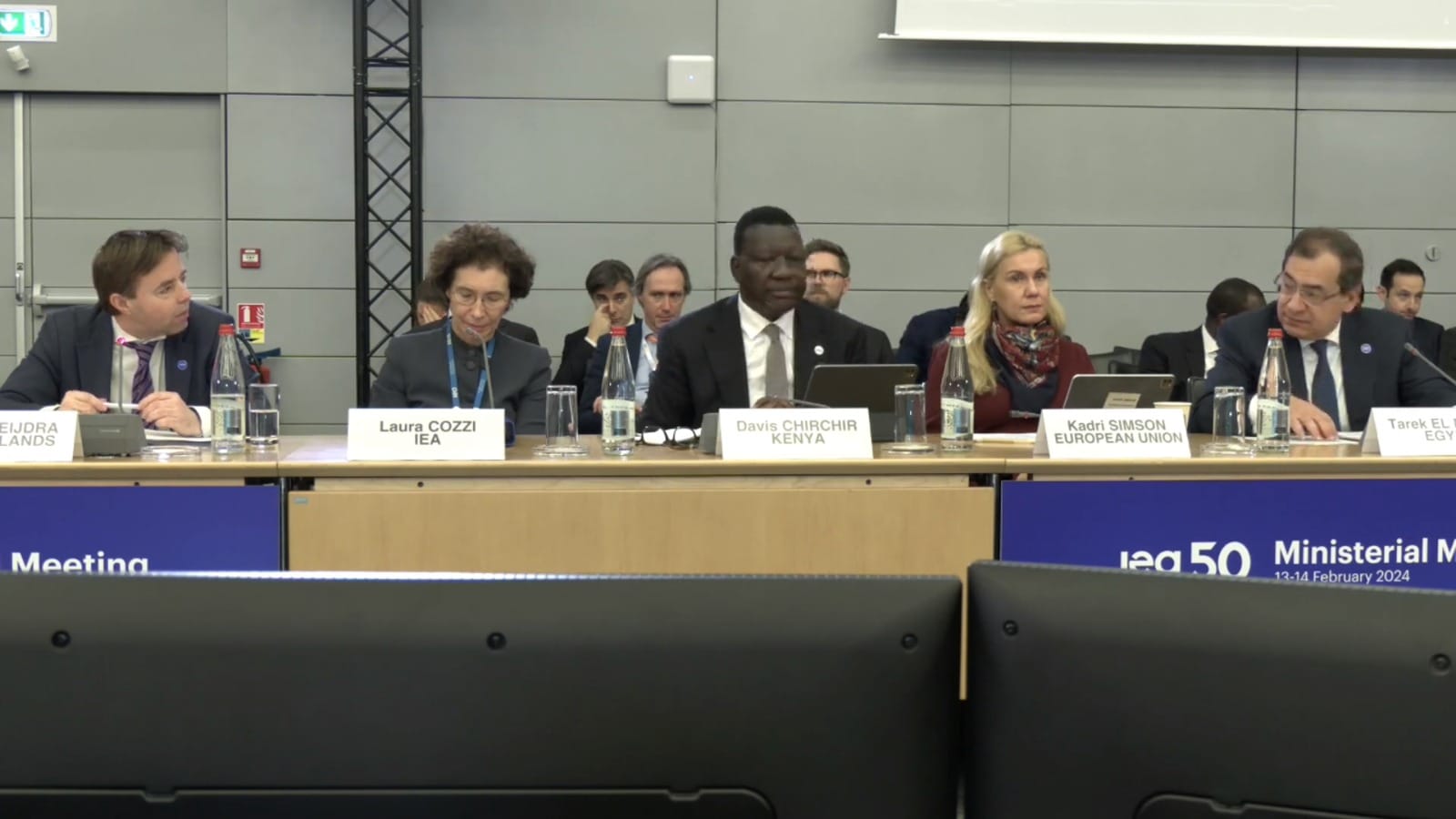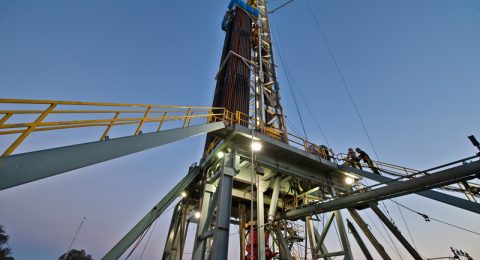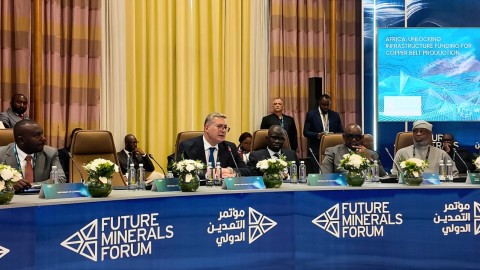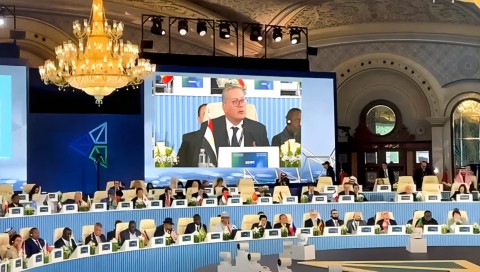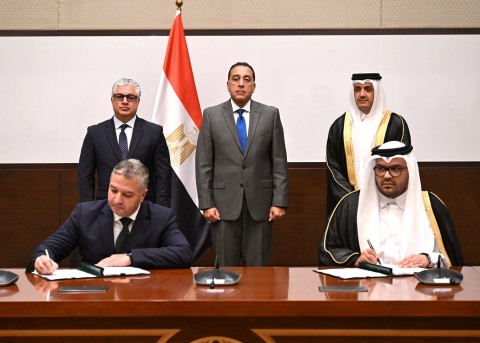The Minister of Petroleum and Mineral Resources, Tarek El Molla, emphasized Egypt’s accomplishments in developing energy resources and reducing emissions during his involvement in a roundtable discussion titled “Renewable Energy for Sustainable Economic Development in Africa: Transforming Vision into Reality.” This event was part of the International Energy Agency (IEA) gathering held in Paris.
El Molla stated that Egypt is actively engaged in the development of various energy resources, including both renewable energy and traditional fuels, as part of the global energy mix to bolster energy security. He emphasized concurrent efforts to reduce emissions and promote energy provision through environmentally sustainable means. Additionally, he highlighted ongoing economic reforms aimed at incentivizing investments in green energy initiatives.
Furthermore, the minister elaborated that Egypt has revised its objectives and procedures for national emissions reduction contributions by expanding the utilization of renewable energy, aiming to achieve 42% renewable energy integration into the energy mix by 2035. He highlighted the successful establishment of the first sovereign fund for clean energy and sustainable water management, alongside the ambitious state plans to produce low-carbon hydrogen as an affordable and eco-friendly energy source.
He emphasized that Egypt has signed numerous framework agreements in the green hydrogen sector to foster its localization within the country, with these agreements currently underway.
Furthermore, El Molla underscored the challenges encountered by African nations in executing green energy projects and transitioning to sustainable energy sources. He emphasized the crucial role of funding and cooperation agreements in unlocking Egyptian and African potential in renewable and green energy initiatives.
He emphasized Africa’s right to receive a equitable portion of international funds to facilitate a balanced energy transition. The minister highlighted that international financial institutions bear the responsibility of financing investments in Africa, particularly in decarbonization efforts and methane emissions reduction projects, as well as technologies associated with carbon capture, storage, and utilization.
